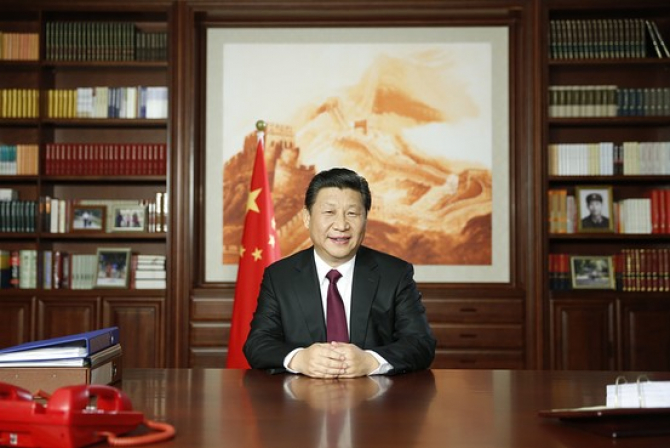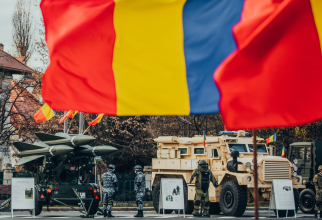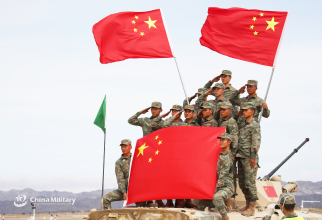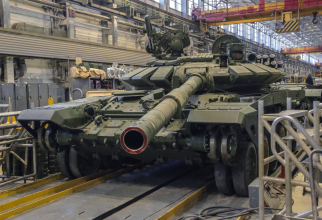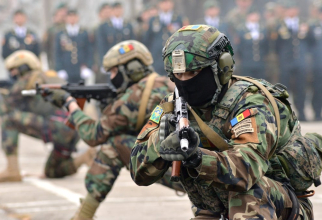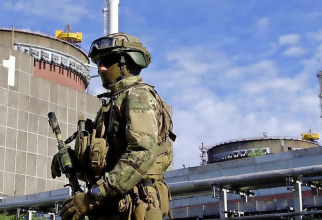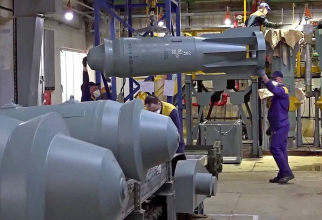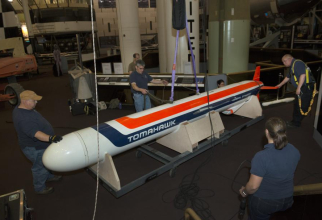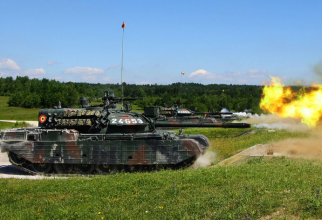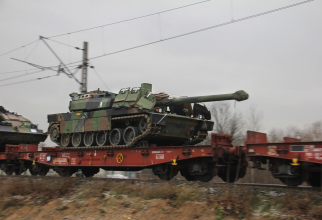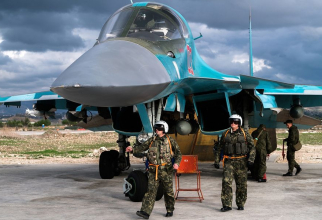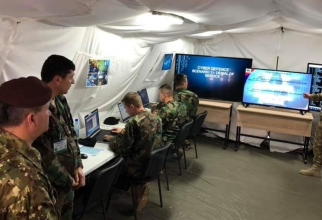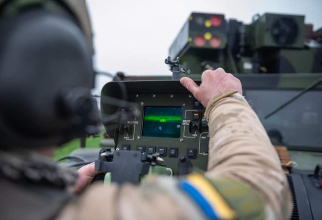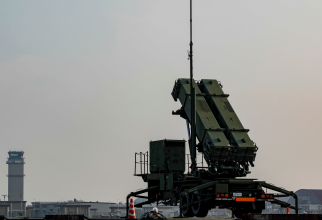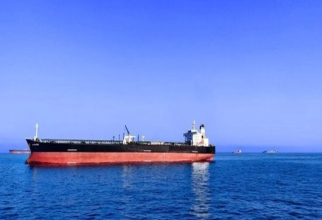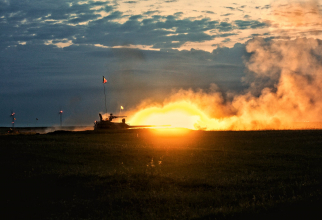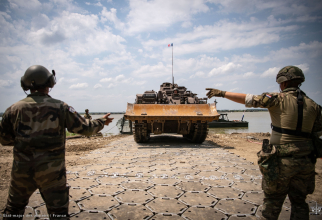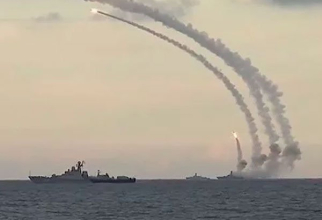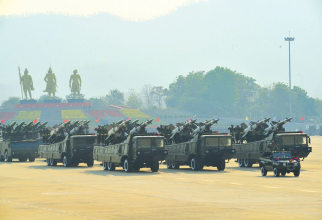Having successfully implemented the novel concept of an open market as a vital part of the socialist economy, China has not looked back since Deng Xiaopeng's reforms in 1978 which worked on an 'open door policy' and set the nation in a new direction.
Combining market reforms with government programs, the aim was to achieve sustainability rather than profit, the results were even better than the Chinese had imagined and unprecedented economic growth was achieved. In particular, China has been commended for lifting 55.64 million people out of poverty and reducing the global poverty rate to 10.7% in 2013 from 40% in 1981.
Ostensibly, it is just a matter of time before China becomes the world's largest consumer market so it has to open up further to assure greater global integration. In fact, this is now a strategic choice according to various experts so it has moved into the next phase of its growth model. Focusing more on high quality development rather than quantitative development, Deng Xiaopeng's reforms have been adapted to create new possibilities for the world, especially the Asian continent. Poised to provide 52 percent of the global GDP by 2050, Asia is rising and China is the main strength behind it with its Belt and Road Initiative connecting the world.
Symbolising modern China today, the Belt and Road Initiative is the very basis of Chinese foreign policy and domestic economic strategy. It also signifies the 'opening up' of China to the world as it wanted to share its expertise and experience with the world by executing an open economic venture for all. BRI is the 'brand identification' of China in this geo-economic century. As ill-luck would have it, the Belt and Road Initiative was not welcomed by the Western bloc and its allies. Seen as an alternative to the ASEAN in the region to begin with, it became all tangled up with the "String of Pearls" theory. Invented by defence contractor Booz Allen Hamilton during his research study in 2005, this connotation applies to the network of maritime facilities or 'naval bases' acquired by China in the Indian and Pacific Oceans. Ever since China invested in various strategic ports in Sri Lanka, Pakistan, Bangladesh and Myanmar, the Belt and Road trade initiative was seen as a 'geopolitical threat'.
At the back of the minds of many is Sir John Halford Mackinder's 'Heartland Theory' in his book "The Geographical Pivot of History" in which he writes, "Who rules Eastern Europe commands the Heartland
Who rules the Heartland commands the World Island
Who rules the World Island commands the world." Suggesting that whoever controlled Eastern Europe would rule the world, in the context of conflict between land and sea powers. It is said that this theory had influenced Hitler to want to conquer Europe and proceed eastward, and these same principles guided Western strategic thinking during the Cold War between the Soviet Union and the United States. Mackinder's theory is the very basis of 'geopolitik' formally introduced by Swedish political scientist Rudolf Kjellen in 1905.
Thus, the very fact that BRI would connect Eurasia with the world gave it a negative introduction.
Also taking into account the famous book , "The Influence of Sea Power Upon History' by, US Admiral Alfred Thayer Mahan in which he had stated that nations that dominated the seas would rule the world, and the very fact that this is exactly what was done by the British Empire and the United States made the BRI look like it is headed in a similar direction. And it does link Eurasian seaports with railways, roads and pipelines and open up distant and inaccessible regions of China and Central Asia to link them with the strategically placed sea ports known as 'the String of Pearls.' Focusing on the naval aspect of these strategic ports and the fact that China gets access to the seas, rival powers have felt threatened by the BRI from the geo-strategic point of view. Resulting in multi-polarity at the very least, shifting of the power-base plus large scale connectivity of new powers might result in the end of the old empire.
Getting down to exploring the real reasons for wanting more connectivity and reviving old routes of the Silk Road with a new "maritime silk road", China really wants to secure its oil supplies and avoid the Malacca Straits route 'choke-point. Being the first priority, finding more energy resources and forming new transportation channels is compulsory for China as the domestic energy demand is growing. There is no military strategy being implemented as China has always had a non-confrontational attitude and even maintains as much armed forces as it needs, it even keeps its nuclear assets down to the bare minimum of 200 devices as it only requires them as a deterrent. It has no plans to ply military warships down the BRI, and Zhou Bo from China's Academy of Military Science has clarified that China has no military strategy pertaining to the 'string of pearls' and once the 'mega-projects' are completed they will "help mitigate security concerns". He says, "China has only two purposes in the Indian Ocean: economic gains and the security of Sea lines of Communication (SLOC) Access, rather than bases, is what the Chinese Navy is really interested in."
Not only that, this is time for geo-economic strategy, not military strategy, and China only wants to carry out win-win development, achieve regional integration and peace as well as spread economic prosperity. Due to the BRI mega-project, this has even been called the 'Eurasian Century'. Investing in six land and sea corridors that connect 64 countries along with trade facilities such as special economic zones, China is setting a positive example which other powers could also emulate by encouraging the building of necessary infrastructure in developing and under-developed countries and exploring the same profits and dividends. Explaining China's point of view, Foreign Ministry spokesperson, Hua Chunying said, China's aim in creating the "silk road economic belt" is "integrating all the existing cooperation, especially that in the field of connectivity with neighbouring and regional countries and enabling everyone to share development opportunities."
However, the commercial ports of Gwadar in Pakistan, Hambantota and Colombo in Sri Lanka, Chittagong in Bangladesh and Sittwe and Kyaupku in Myanmar are now famous as the 'string of pearls' which is a military terminology. The Chinese methodology is to always have alternate options, just in case, and China also has plans to build a canal that crosses Thailand to bypass the Malacca Straits choke-point, this option would also reduce shipping distance from the Indian Ocean to the South China Sea. Geopolitics may have to give way to geo-economics in the long run, as it is, the 'modern age' of geopolitics as we know it only started a century ago. For decades, China stayed away from power politics plus the guiding rule of Deng Xiaopeng was to" Hide your strength, bide your time" and today China has revealed economic ascendancy as it cannot be hidden in the 'new era' of Xi Jinping.
In the long run, peace is the antidote to war and geopolitical possibilities. Predictably, China will continue to want a safe sea route and may want to secure it from modern piracy threats and retain some degree of security deterrence but will not have any military ambitions. Because all its ambitions are economic in nature and power blocs have become a dated concept with even the EU trying to go ahead with its trade deals in Iran even as the U.S. breaks off the nuclear deal and threatens to sanction it. There are no friends and enemies in realpolitik, only a country's national interests, this is fast becoming a multi-polar world. To conclude, it also seems very unlikely that Colombo, Dhaka, Islamabad and Rangoon would actually participate in any 'great game'. All these countries have balanced relations with world powers and would prefer to concentrate on economic benefits of the BRI more than anything else. Notwithstanding the fact that the "String of Pearls" do have strategic value they would be the means to promoting a peaceful trade environment, not 'conquering the world.'
Author:
Sabena Siddiqqi - Foreign Affairs Journalist focusing on the Belt and Road Initiative, CPEC and South Asia.
Fii primul care află cele mai importante știri din domeniu cu aplicația DefenseRomania. Downloadează aplicația DefenseRomania de pe telefonul tău Android (Magazin Play) sau iOS (App Store) și ești la un click distanță de noi în permanență
 Fiți la curent cu ultimele noutăți. Urmăriți DefenseRomania și pe Google News
Fiți la curent cu ultimele noutăți. Urmăriți DefenseRomania și pe Google News



